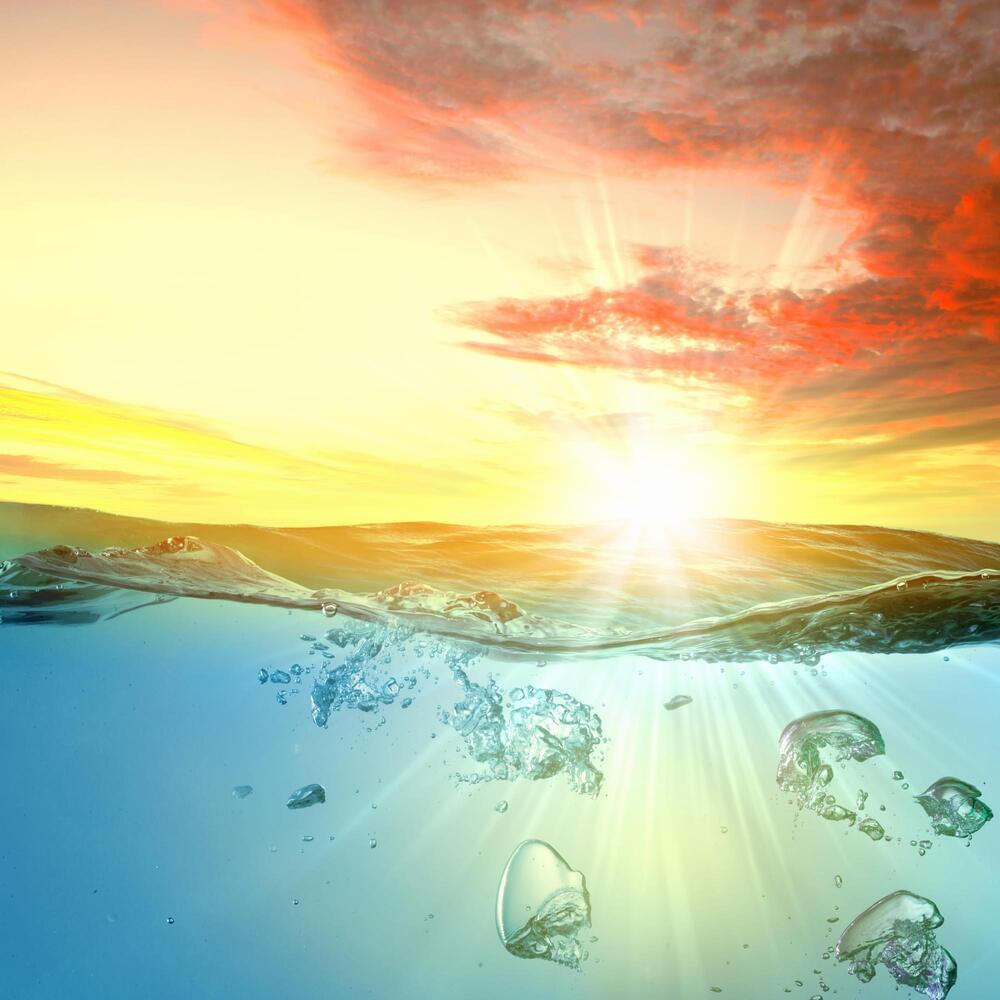Contrary to what we all learned in elementary school science class, it turns out that heat may not be necessary to make water evaporate. Scientists at MIT have made the surprising discovery that light alone can evaporate water, and is even more efficient at it than heat. The finding could improve our understanding of natural phenomena or boost desalination systems.
Evaporation occurs when water molecules near the surface of the liquid absorb enough energy to escape into the air above as a gas – water vapor. Generally, heat is the energy source, and in the case of Earth’s water cycle, that heat comes primarily from sunlight.
But in the last few years, different teams of scientists have noticed discrepancies in their experiments concerning water held in hydrogels. Water appeared to be evaporating at much higher rates than should be possible based on the amount of heat it was exposed to, sometimes tripling the theoretical maximum rate.
